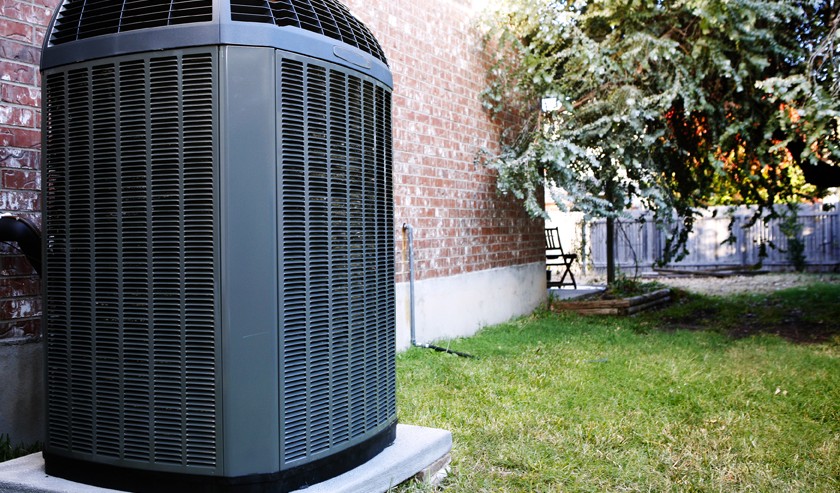The Most Efficient HVAC Systems & How They Can Save You Thousands
When seeking out an efficient HVAC system installation or replacement, there are several factors to take note of, including the size of your home and the climate you live in. With these criteria in mind, here are the most efficient options for particular heating or cooling situations:
Natural Gas Furnaces
While electric furnaces typically have high energy-to-work efficiency approaching 100 percent, natural gas actually converts the highest number of BTUs (British Thermal Units, a measurement of heat output) for the lowest cost at just under 100,000 BTUs per therm — a standard unit of natural gas consumption. By comparison, electricity creates only 3,413 BTUs per kilowatt hour of electricity.
In a typical winter month for a cold climate, a 1,500 square foot home will use around 4 million BTUs per month. With natural gas’s delivery charges being typically higher at $38 a month compared to $18 a month for electricity, medium sized homeowners living in a climate like New York’s can save around $60-$90 per month by switching from electric to gas heating.
Heat Pumps
For areas that do not have natural gas service and have generally mild winters that rarely dip below freezing, heat pumps are a great option. These devices save you money by using your air conditioner to provide the means to circulate heat through your house, effectively reversing the AC process.
Homeowners can save between 30 to 40 percent compared to electric furnaces using this method, and the fact that they do not have to buy a $2,000 to $5,000 piece of heating equipment saves them even more.
Central Ducted Systems
The most efficient HVAC systems use a central unit to create hot or cool air as needed that is blown throughout the house. A central system only needs to operate one compressor and blower at a time, whereas having multiple window units or ductless systems requires energy to operate each unit separately. In a home with lots of rooms, central air becomes the only practical solution.
Central systems are also efficient because while smaller systems may cost less, they tend to last 10 years less as well. Ductless systems, for example, use separate evaporator units for each room that cost around $300 apiece or more to replace, which is necessary about every 6 to 10 years.
Efficiency Ratings and Energy Star Certification
Anyone looking for a HVAC system replacement in general only needs to look for Energy Star ratings to find systems that will save them money. These products are evaluated by the US Environmental Protection Agency, which only certifies appliances that can meet the minimum standards of efficiency. You can also use ratings like SEER to compare different units’ energy savings overall, keeping in mind that higher SEER numbers are more efficient.
Non-HVAC Solutions
Here are some general guidelines that do not necessarily relate to the HVAC system you choose:
- Programmable thermostats make any central heating or cooling system more efficient, reducing energy costs by 10 to 30 percent.
- Repairing and maintaining HVAC systems will create more efficiency over time, even with something as simple as replacing filters.
- Use insulation, caulk, weather stripping and other solutions to eliminate problem spots in your home that may allow heat and air to escape.
Service and Maintenance
No matter how state-of-the-art your AC unit or furnace is, it will cost more money than it should if it is not cleaned and serviced regularly. Having a technician come out to look at your AC system every 1-2 years before the summer and your heating system every 1-2 years before the winter can prevent equipment breakdowns costing $600-$1200 or more and identify problems that reduce efficiency by as much as 30 percent.
Are you in the market for a new heating and air conditioning system? Click here to get free custom quotes from reputable HVAC contractors. You’ll receive upfront pricing without having to invite a contractor to your home or even enter your contact information!
Related articles
How to Know When Your Air Conditioning Needs Maintenance
What are the Benefits of a Central Heating and Cooling System?





Comments
Comments are disabled for this post